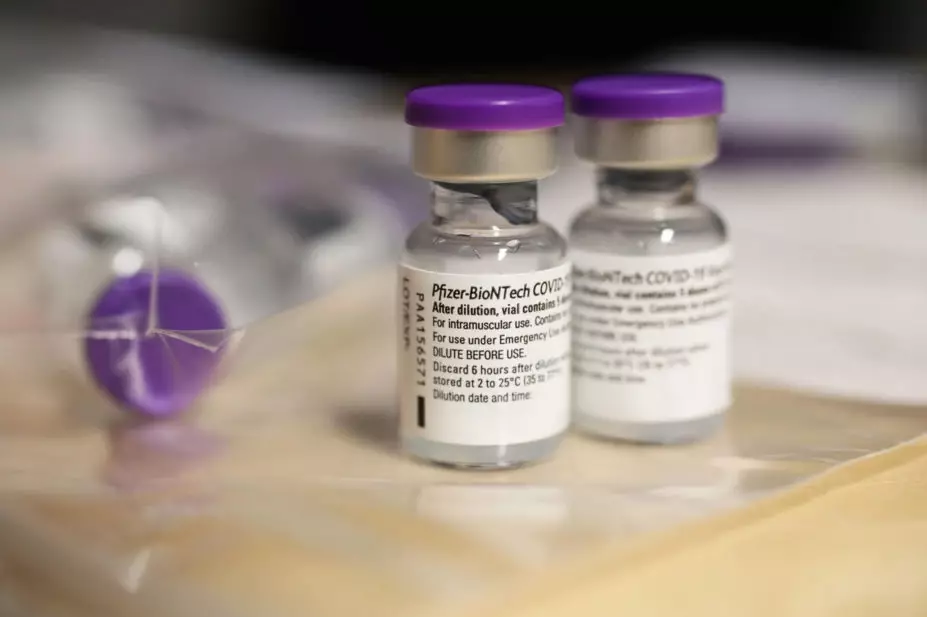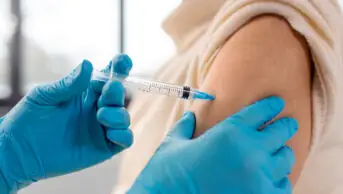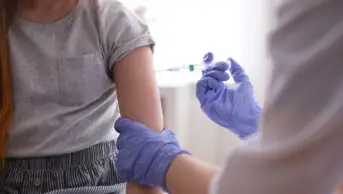
Shutterstock.com
A clinical trial has been launched to determine if a third dose of COVID-19 vaccine will improve the immune response for people who have a weakened immune system, the Department of Health and Social Care (DHSC) has announced.
The OCTAVE DUO trial will build on the ongoing OCTAVE trial, initial results from which showed that 40% of clinically at-risk patients with specific immunocompromised or immunosuppressed conditions mounted a low or undetectable immune response after two doses of either the Pfizer/BioNTech or Oxford/AstraZeneca COVID-19 vaccine.
The results, which have been published pre-print and include the post-vaccine immune response results from the first 600 participants in the study, also show that approximately 11% of immunocompromised patients failed to generate any antibodies four weeks after receiving their second vaccine.
Up to 1,200 patients who are already involved in the OCTAVE study, or those with other at-risk conditions involved in parallel studies, will be recruited to the new trial.
Participants will be given the Pfizer/BioNTech, Moderna or Novavax vaccine as a third dose to determine if it stimulates a stronger immune response than two doses. The researchers will then analyse the immune response of the participants to the vaccine and the durability of the protection. They will also use healthcare records to determine whether any participants are later diagnosed with COVID-19.
Initial results are expected later in 2021 to inform the UK’s COVID-19 vaccine deployment in this group of at-risk people. However, the trial will continue to follow patients to mid-2022 and offer more detailed information about the immune responses that develop.
Participants in both the OCTAVE and OCTAVE DUO trials include those with cancer, immune-mediated inflammatory diseases, renal disease, primary immune deficiency and those undergoing stem cell transplantation.
“It is hugely important for us to urgently understand the effectiveness of COVID-19 vaccines in people who have immune-mediated inflammatory diseases, cancer, and diseases of the kidney or liver,” said Iain McInnes, head of the College of Medical, Veterinary and Life Sciences at the University of Glasgow and lead of the two studies.
“Our first study to answer this question is the OCTAVE study, which has shown that there is a group of patients who may not mount a sufficient immune response.
“We are pleased to now roll-out the OCTAVE DUO trial, to investigate the effects of a third dose on this particular group of patients who have shown an undetectable or low vaccine response. We hope to provide answers to this very important unanswered question.”
In July 2021, confidential documents seen by The Pharmaceutical Journal showed the development of plans for a neutralising monoclonal antibody treatment service for COVID-19. The documents highlighted that capacity to benefit from the treatment would likely be greatest in those with an impaired immune response, poor response to COVID-19 vaccination or the unvaccinated.
READ MORE: Pharmacists could assess patients’ suitability for COVID-19 monoclonal antibody treatment


